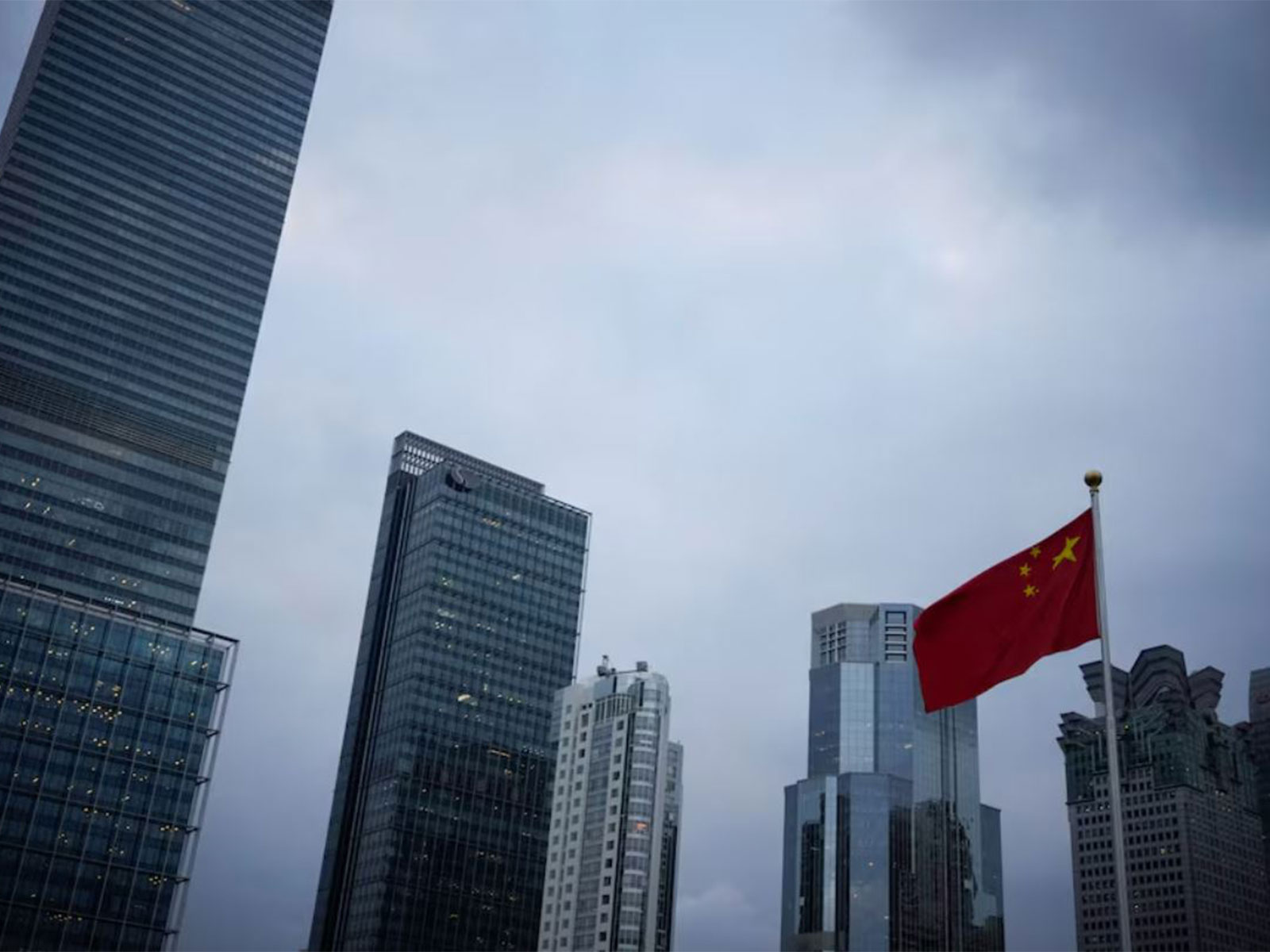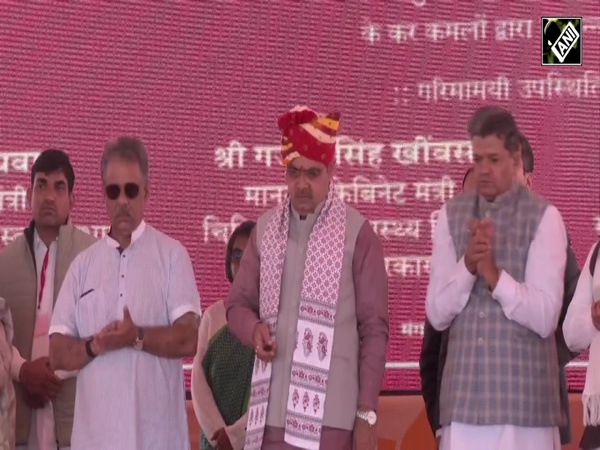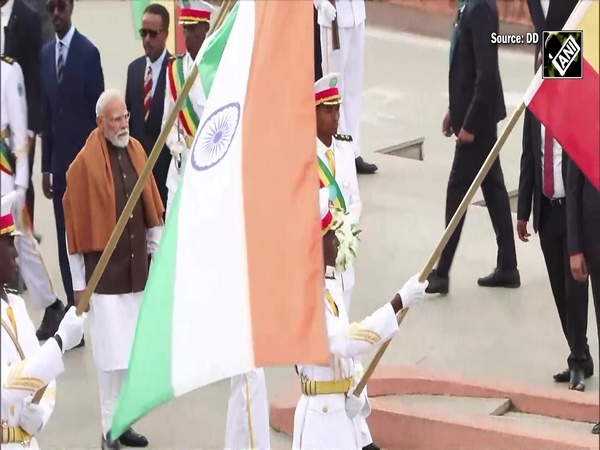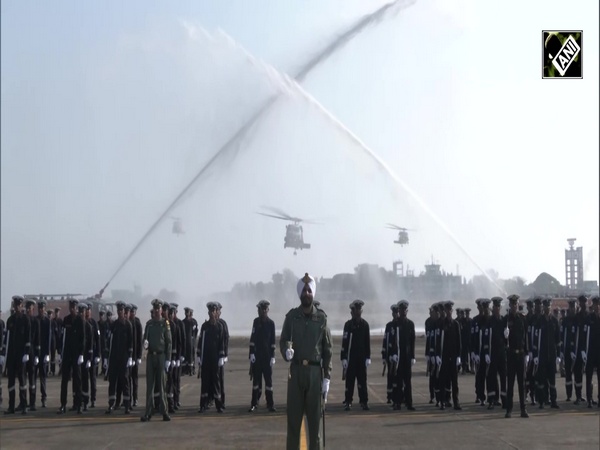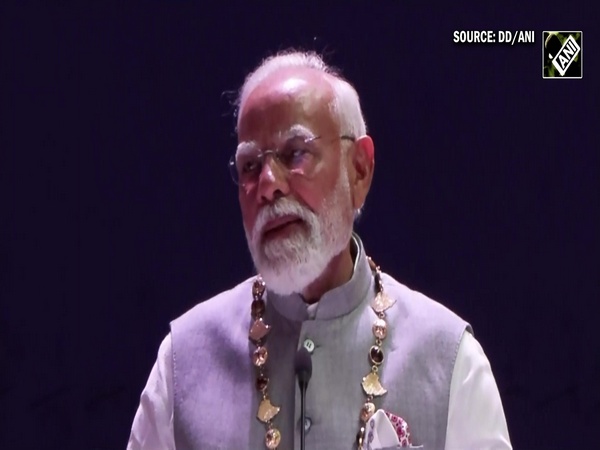Pakistan to take Iranian electricity to power up Gwadar Port
Aug 14, 2021

Islamabad [Pakistan], August 14 : Pakistan Government on Thursday started negotiations for importing 70 to 100-megawatt Iranian electricity to power up Gwadar Port as Tehran is enjoying a surplus.
A decision to this effect was taken during a session of the Cabinet Committee on China Pakistan Economic Corridor (CCoCPEC), which met under the chairmanship of the Federal Minister for Planning, Development, and Special Initiatives Asad Umar, reported The News International.
The Gawadar Port which would be completed by 2023 is delayed owing to various reasons. Different options were considered during the meeting for the provision of electricity to the deep seaport as the 300 MW power plant under-constructions in Gwadar, reported The News International.
A transmission line of 220 KV would also be constructed to connect with the national grid, the meeting was told.
For the time being, the meeting observed, the only available option was the import of 70 to 100 MW power from Iran.
When the local power plant would be completed over two to three years and 220 KV line also be installed the extra power would be provided to the national grid, according to the minutes of the meeting.
Tehran was earlier providing electricity to Balochistan but after witnessing a decrease in its hydel production, it suspended it in the last couple of years, reported The News International.
The meeting could not take up the land dispute between the Pakistan Coast Guard and the Pakistan Navy as the land of 50 to 70 acres would be provided to a Chinese company for developing Gwadar Master Plan, reported The News International.
The verification of land records was underway in consultation with the Defense Ministry and this issue would be resolved, they added.
Out of 2,500 acres of land, the Chinese company had possession of 70 to 75 per cent of the land.
Pakistani authorities also inquired on how many international investors had so far shown their interest to relocate their industries into Gwadar Free Zone.
Chinese company informed the CCoCPEC that meeting those different provisions such as electricity, clean drinking water, and other infrastructure requirements would be essential to lure investment into Gwadar Free Economic Zone. Without basic facilities, the expectation of luring investors would remain just a pipe dream, reported The News International.
A number of projects under the China-Pakistan Economic Corridor (CPEC), including those in the power sector, are currently facing delays for various reasons including the ongoing pandemic.
The CPEC multi-billion-dollar economic cooperation had not been able to complete the projects over the last three years and to maintain the impetus that delivered a series of power plants and other infrastructure projects in the first phase of the CPEC implementation.
CPEC, which is regarded as one of the most important components of the USD 60 billion Belt and Road Initiative (BRI) initiative, has faced opposition from various political parties in Pakistan.
Moreover, the hype created by the Pakistan government through projecting the CPEC as a panacea for all problems is rapidly losing steam. Also, China had stalled many projects due to disputes over debts.



